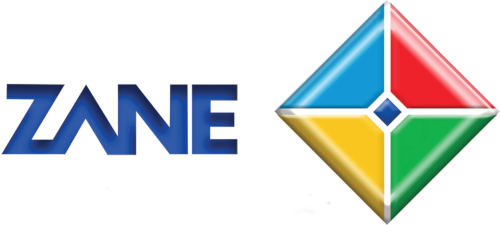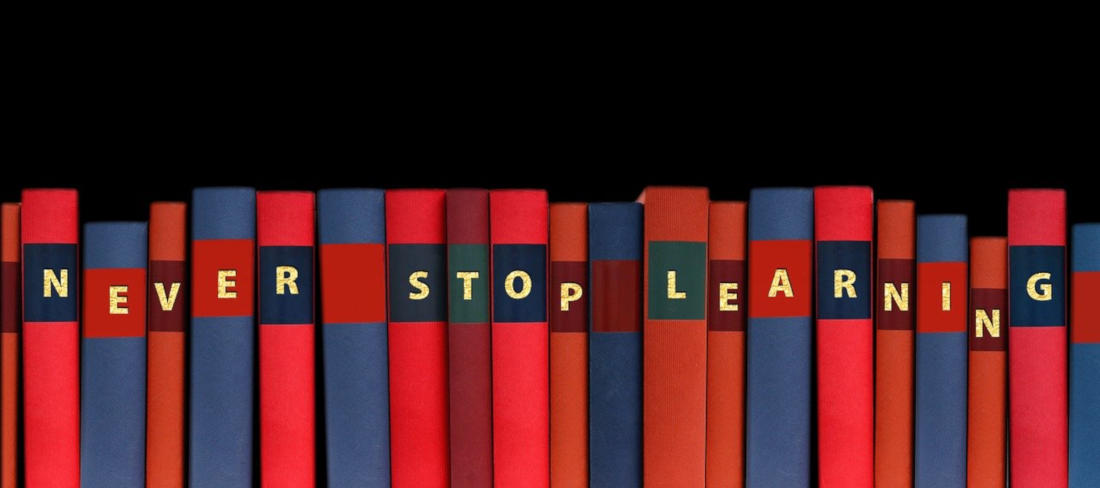The quote from best-selling author Yehuda Berg …. “We need to realize that our path to transformation is through our mistakes…” possibly best describes how we should seek to improve Education in the 21st Century..
How we seek to improve education should reflect actual problems we experienced ourselves at school, and that is where we should look for the greatest solutions, rather than just a reliance on technology.
The last 10+ years have produced so many ideas and suggested solutions in the Education and EdTech markets, yet arguably fewer than 5% of those companies that claimed or hoped to disrupt and improve education, seemed to have had any really meaningful or positive impact.
While these comments are not intended to be critical of the efforts of many EdTech startups, the reality is that the use of technology alone is not a solution in itself. While it may offer automated options, potentially speed-up processes and provide various options for teachers, schools and students, it is questionable that few if any have offered the radical reorganization that many might claim is needed in education.
Here at Zane we share a belief that many of these “failures” could be attributed to those founders and CEO’s that have simply looked to apply various ways in which technology could be used to “aid that which already exists”, rather than looking back in their own lives and asking themselves what problems they actually experienced in their own lives in the way they themselves learned and were educated, and how they could be improved upon using the technology available today.
Three years ago we made the decision to devote a portion of our time and resources as a company, to self-fund and research areas within education and employment, in which we believed opportunities existed to improve ways that education could use technology to provide students with a more individual approach to learning, regardless of class size.
Better use of preferred learning styles, student-led pathway planning through education to employment, improved understanding of what special needs education requires, the widespread existence of undiagnosed dyslexia among K12 students, the student debt problem, the identification and development of natural skills, fostering and development student motivation, and better understanding of what future employers will be actually seeking from future job applicants, were some of the areas which we focused our attention.

We discovered that one of the biggest problems that exists in the United States today (and one that is unlikely to be resolved any time soon), is in many ways caused by each of the 50 States maintaining their own individual approach to K12 curriculum content and standards, despite the existence of what is commonly referred to as the Common Core Curriculum. While many countries in the world with far larger populations operate effectively with one or possibly two Curriculum options, in effect the U.S. has a Department of Education in each of the 50 States focused on their own approach to what their Curriculum should encompass. In many ways this is not dissimilar to one ship attempting to navigate and perform effectively under 50 Captains. When you consider that a student in California learns History or Biology in much the same way as the student in New York, it questions whether or not resources and methodology could not become far more effective if the structure became more streamlined, while at the same time providing each student with a more individualized style of learning.
At the same time our research revealed that the number of parents opting to homeschool their children has been increasing at double-digit figures year-on-year since the 1990’s. While certainly in some situations parents made this decision to home educate because of religious or spriritual belief, most made the choice because they had lost faith in the system of education itself and felt they could offer their children a more individualized approach to learning.
Technology alone is not going to resolve that lack of faith in the “system” … however technology certainly could lend itself to improving that situation by delivering the Curriculum content in formats that best cater for each individual student’s preferred learning style or special educational need. Technology also has the ability to provide student led education-to-employment pathways structured in ways – and offering choices, that better engage each student, and motivate them to take greater ownership of their educational years. Similarly Technology has the potential to provide a much needed Career Counseling experience that would allow each students to make much more informed choices about the employment roles to which they are each best suited.

